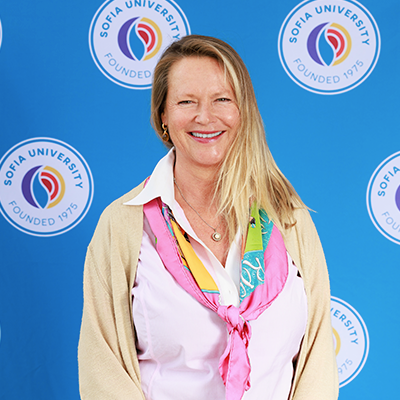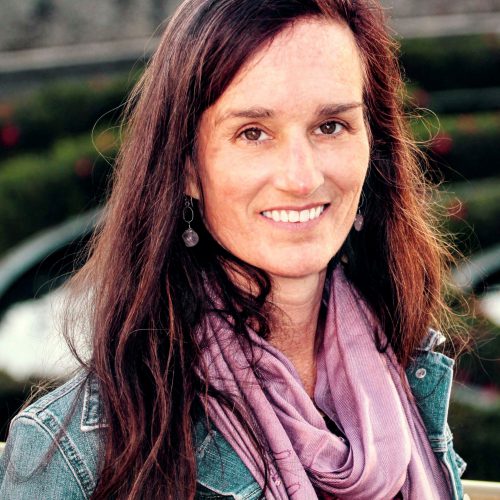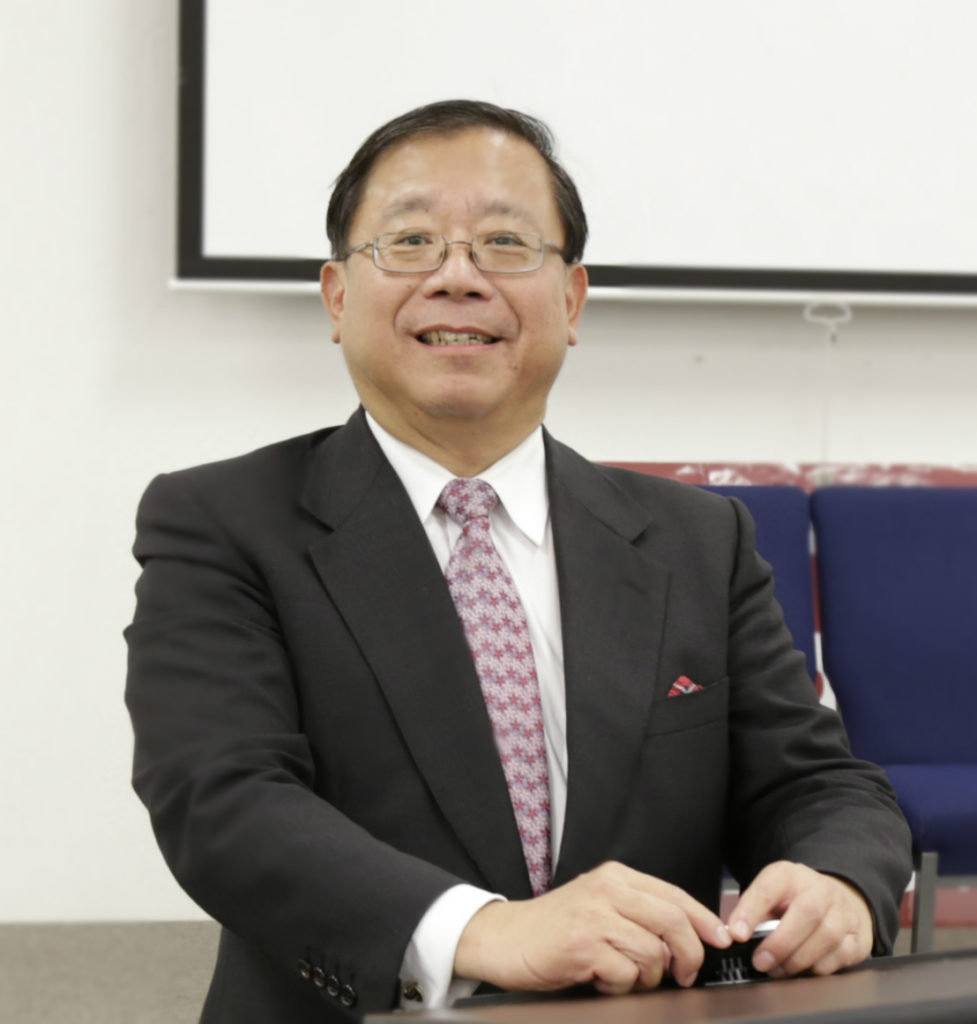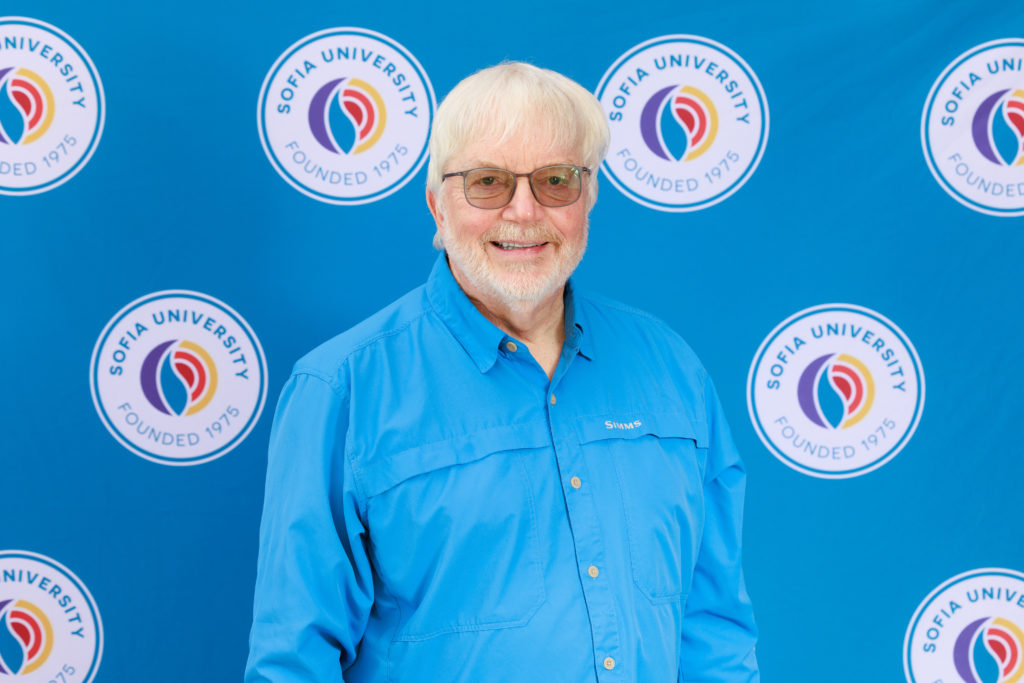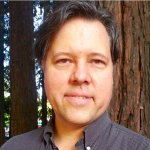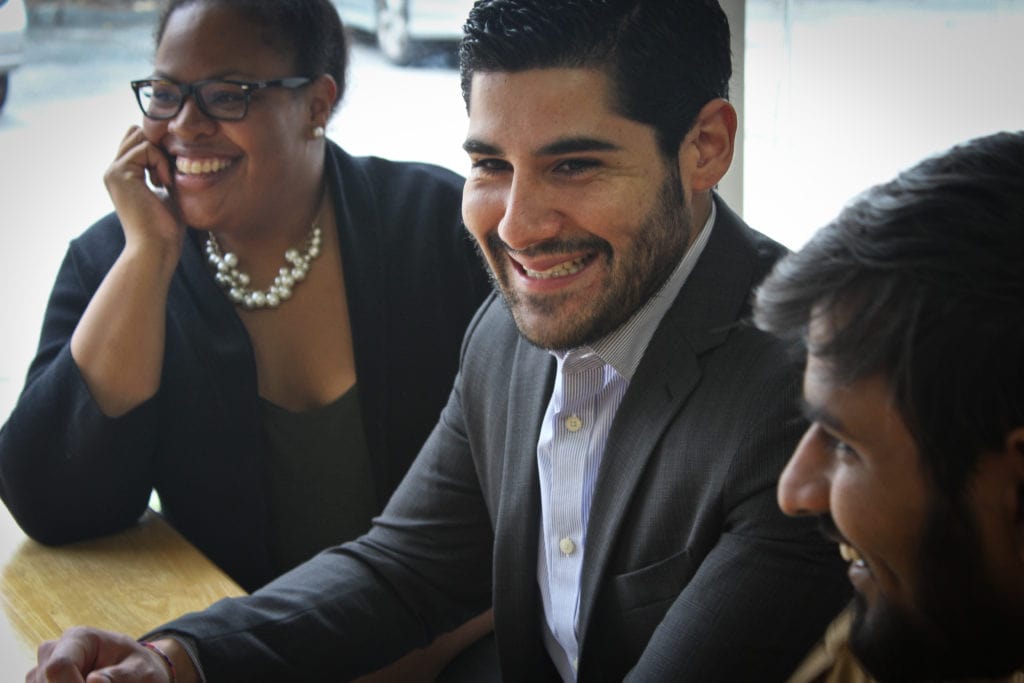Dr. Dorote Weyers Lucci is an international business strategist, whole systems psychologist, and innovation-focused educator with a distinct ability to bridge high-level leadership development with applied research in mental health, immersive technology, and artificial intelligence. As Chair of the Doctor of Business Administration (DBA) and Leadership Program at Sofia University, she leads the program’s evolution into a forward-thinking, globally engaged platform for developing next-generation business leaders.
Dr. Weyers Lucci holds a PhD in Psychology specializing in transpersonal psychology and neuroscience and an MBA/MIM from the Thunderbird School of Global Management. Her early career in corporate leadership included global project management and sponsorship strategy at BMW, where she gained deep experience in international marketing, cross-cultural communications, and enterprise innovation.
She has since dedicated her career to redefining leadership and business education through a whole-person, whole-systems-thinking approach. Her areas of expertise include sustainable development, global education, human-centered innovation, immersive learning, and AI-integrated decision-making. She brings insight into how emerging technologies—such as virtual reality and artificial intelligence—can enhance leadership capabilities, psychological resilience, and ethical strategy in high-impact sectors.
As a scholar-practitioner, Dr. Weyers Lucci founded multiple ventures focused on well-being innovation and digital mental health. Her immersive VR tools for addressing anxiety, grief, and death awareness have been recognized by Oculus Launchpad, the Bial Foundation, and the Mind & Life Institute. Her research explores how perception-shifting technologies can foster adaptive leadership, emotional intelligence, and organizational transformation.
At Sofia University, Dr. Weyers Lucci teaches and develops curricula across programs from BA to PhD levels in subjects including global business, transpersonal psychology, health psychology, ecopsychology, innovation, and AI ethics. She has held visiting professorships in Europe and Asia, led global research initiatives, and regularly presents on the intersection of technology, leadership, and transformation at academic and industry forums.
She is also the Academic Chair of the Global Conference on Advancing Mental Health and an architect of Sofia University’s Global Whole Person Health AI Project, which combines research, community engagement, and entrepreneurial incubation to address global challenges.
Dr. Weyers Lucci’s work is grounded in the belief that today’s leaders must combine global strategic foresight and operational excellence with self-awareness and ethical clarity. Her mission is to help shape a generation of scholar-practitioners capable of using technology and business as tools for systemic well-being, ecological integration, and conscious innovation.
Education:
- Ph.D. – Sofia University
- MIM/MBA – Thunderbird University
- B.A. History – Providence College
- B.A. Modern Languages – Providence College
Licensures & Certifications:
- CMCH – Master Clinical Hypnotherapy
- Complementary and Alternative (CAM) health practitioner
- Focusing – Focusing Institute
- Mindfulness – MBSR
- Compassion – CCARE Stanford
- Interpersonal Neurobiology – IPNB
- Geomancy – Hagia Chora, Germany
- Earth Sciences – Shamanic Studies
Publications:
- (Weyers) Lucci, D. (2020). Virtual Reality as a Tool for Mental Health and Conscious Living and Death: Immersive Contemplative Approaches to Existential Anxieties: In McCallum K., Morie J.F, Handbook of Research on the Global Impacts and Roles of Immersive Media. IGI Publishing. (pp. 430-452)
- Transformative Technology, Meditation, and Quality of Life. September 9th. Lucci D. (2017).
- Solutions in Virtual Reality for Dementia and Alzheimer’s. September 1st.
Research & Training:
Integrative Psychology, Transpersonal and Contemplative research and education, Existential anxieties, Phenomenology, Oncological Psychology, Transcultural and cross-cultural research and facilitation, immersive transformative experiences both digital and non-digital, Media Psychology. Research and development of innovative communication methodologies for the improvement of wellbeing and quality of life. Mixed methods, organic research methodology, mysticism, esotericism, depth psychology.

